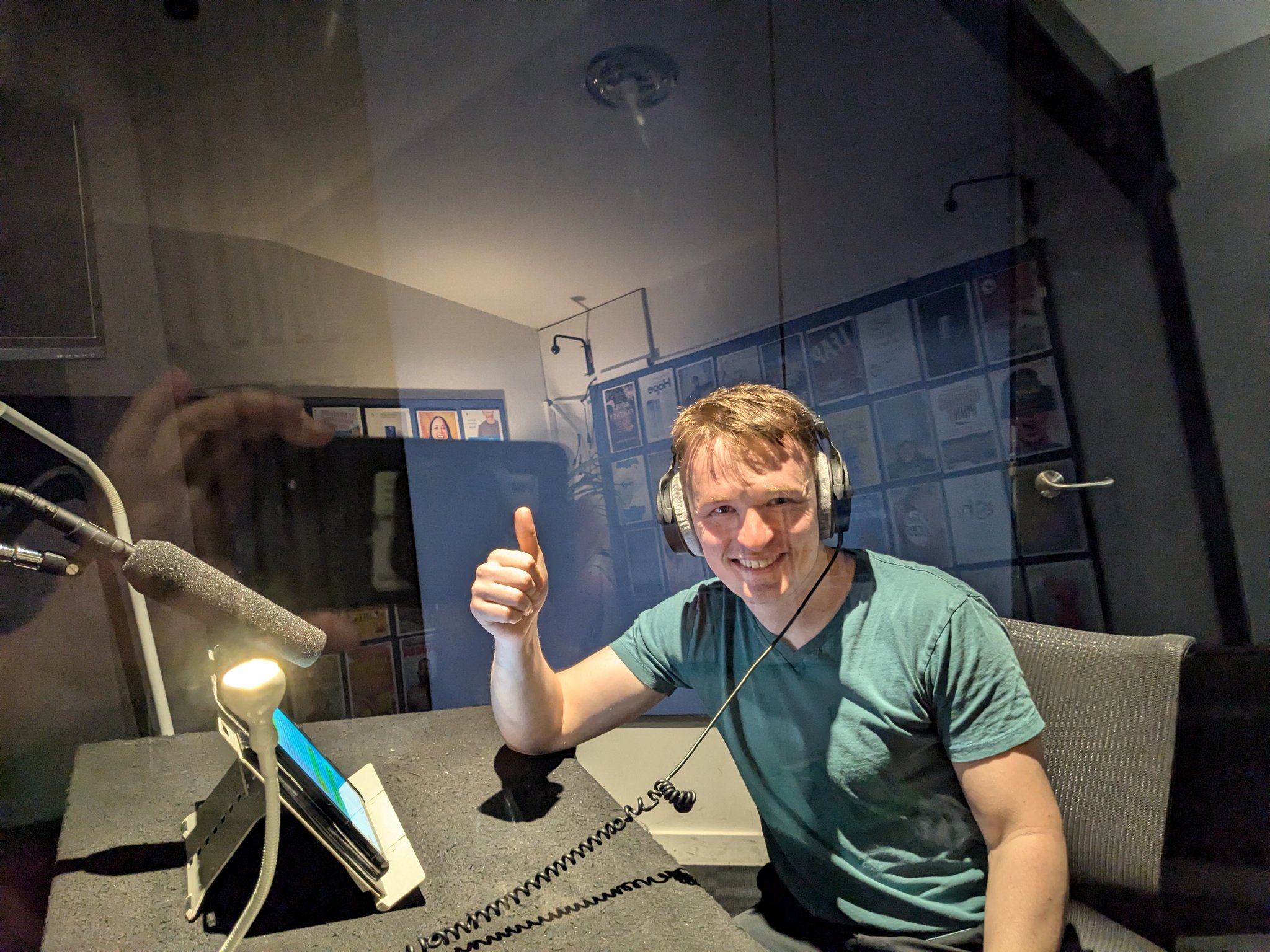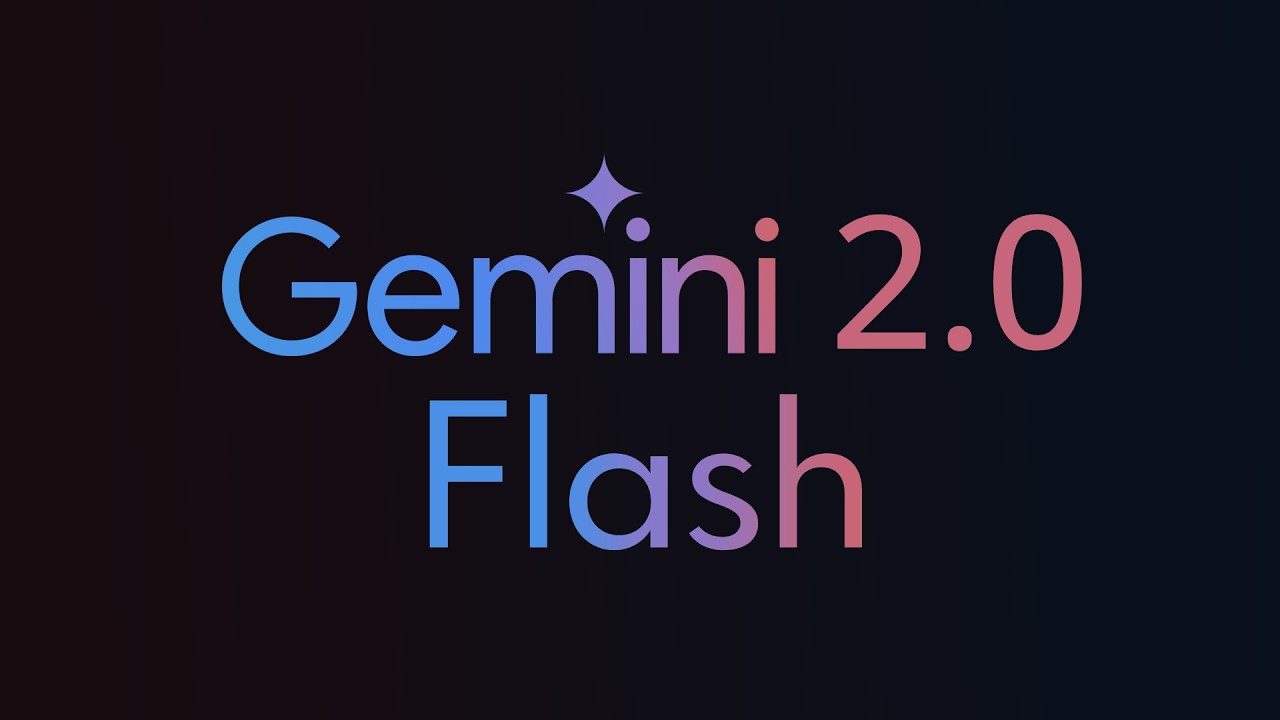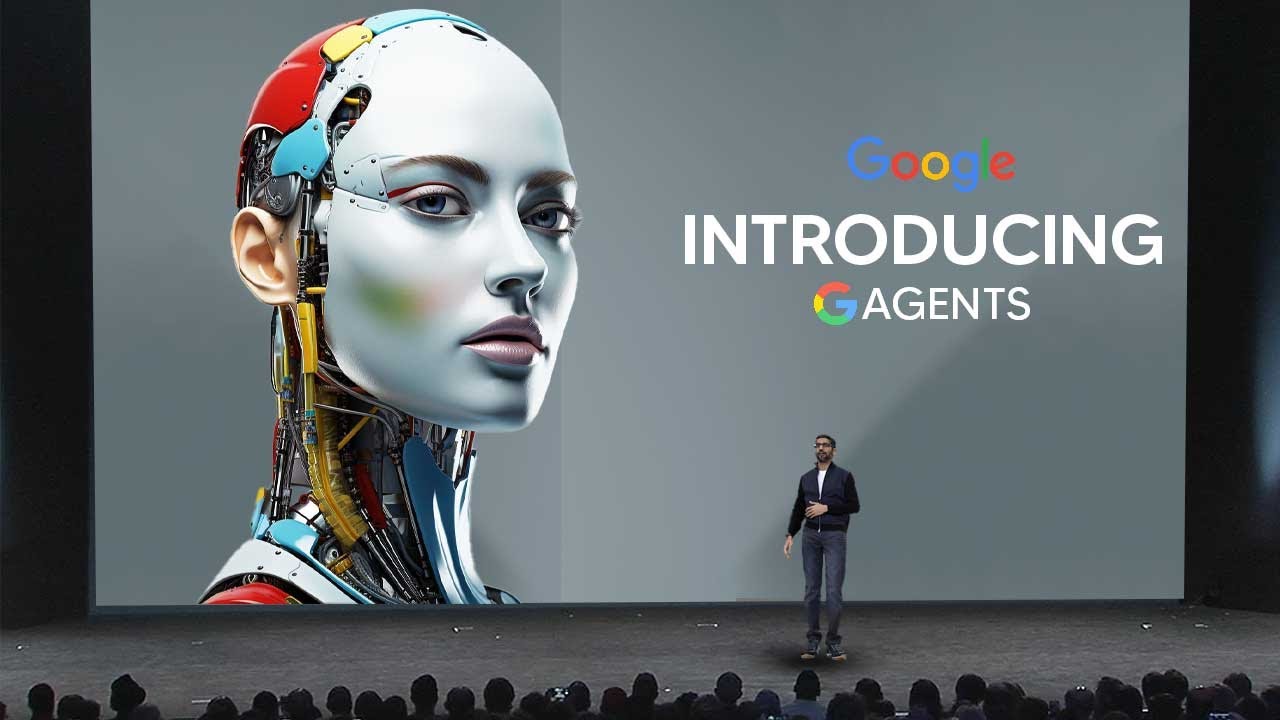Lisa Kudrow recently voiced her concerns about the use of artificial intelligence in Hollywood while discussing Robert Zemeckis’ latest film, Here, on the Armchair Expert podcast. The movie, which reunited Zemeckis with Forrest Gump stars Tom Hanks and Robin Wright, utilized cutting-edge de-aging technology to make the actors appear decades younger. Released by Sony Pictures in November, the film underperformed at the box office, earning just $13 million worldwide.
Kudrow expressed discomfort with the movie’s reliance on AI, calling it an “endorsement for AI” due to its advanced de-aging techniques. “They filmed it and could immediately watch playback with the actors looking younger—it was ready to view,” she explained. “What I took from that was, this isn’t just technology; it’s a step toward AI replacing people. Forget established actors—what about newcomers? Are we just going to license and recycle old performances?”
The Friends star went further, questioning the broader implications for employment in an AI-driven world. “If you set aside actors, what jobs will exist for humans? Will we just have some kind of universal income? How could that possibly be enough for everyone?”
Here is now one of 20 films vying for a spot on the Oscars shortlist for Best Visual Effects. The movie is among a growing number of projects leveraging AI and machine learning for de-aging technology, joining titles like Indiana Jones and the Dial of Destiny, which also used similar tools to rejuvenate Harrison Ford on-screen.
Tom Hanks himself addressed the use of AI in entertainment during a 2023 interview, noting how advancements in deepfake and AI technologies could allow actors’ performances to continue long after their deaths.
“Anyone can now recreate themselves at any age using AI or deepfake technology,” Hanks said. “I could be hit by a bus tomorrow, and my performances could still go on indefinitely. There’d be no way to distinguish that it’s not me, at least not without understanding the technology behind it. It’s an artistic challenge but also a legal one.”
Hanks emphasized the importance of addressing these issues, noting that industry guilds, agencies, and legal experts are actively debating the intellectual property implications of actors’ faces and voices being replicated.
“Some people will notice it’s AI and care, but many won’t,” Hanks said. “The question is, will that distinction even matter to audiences in the future?”






